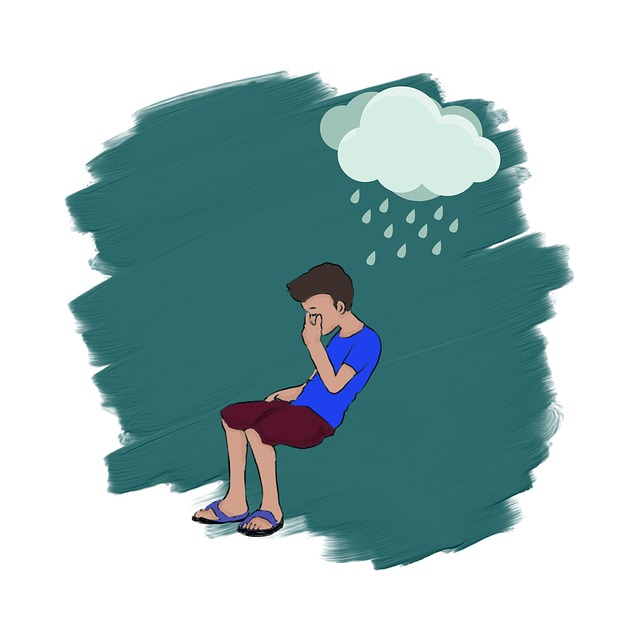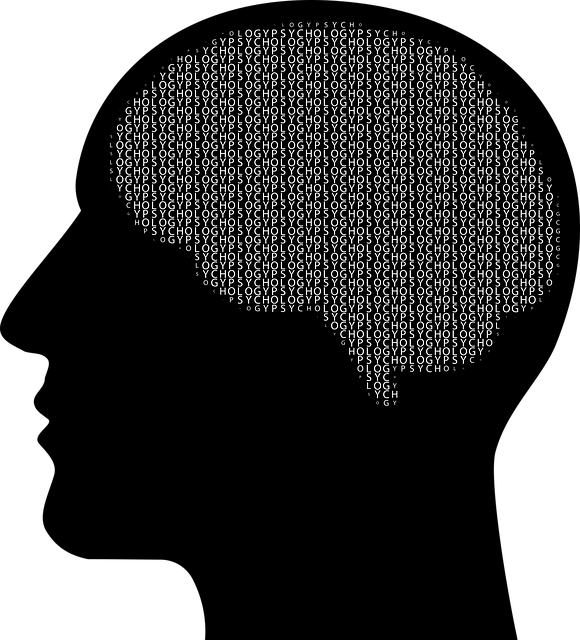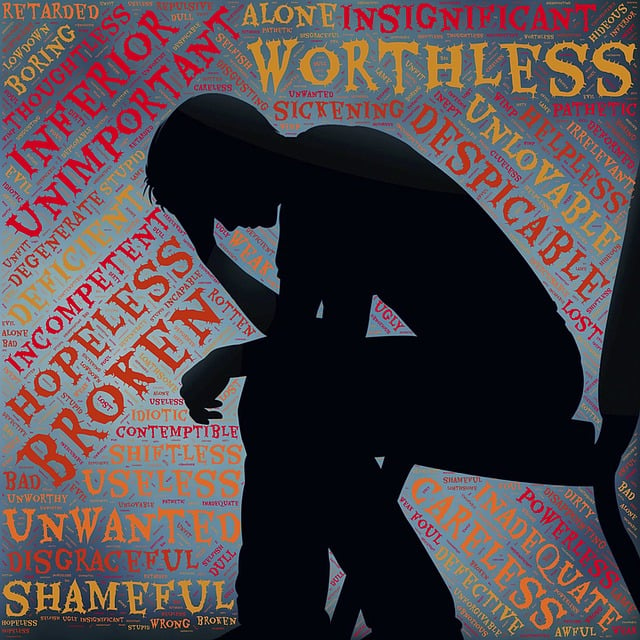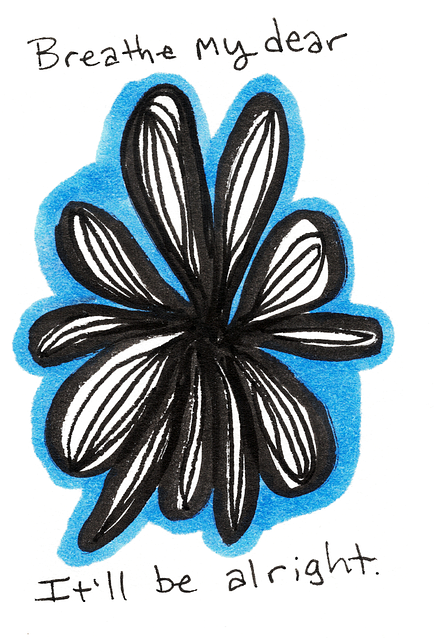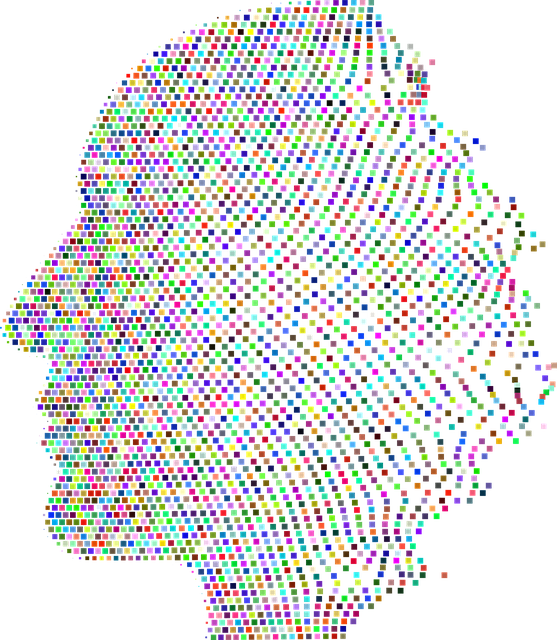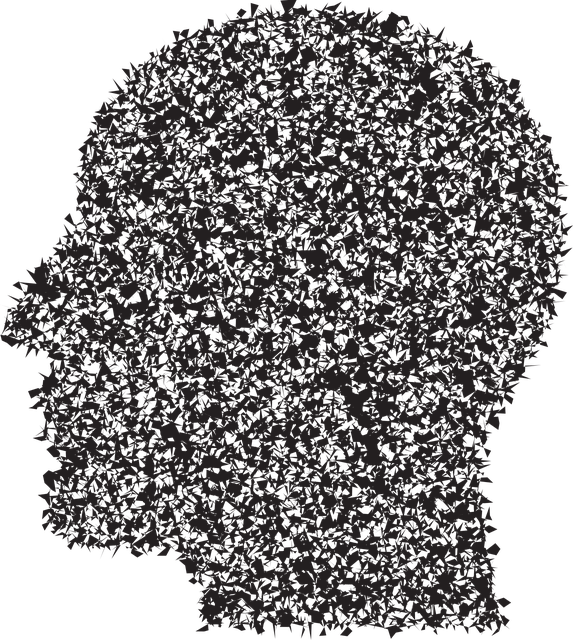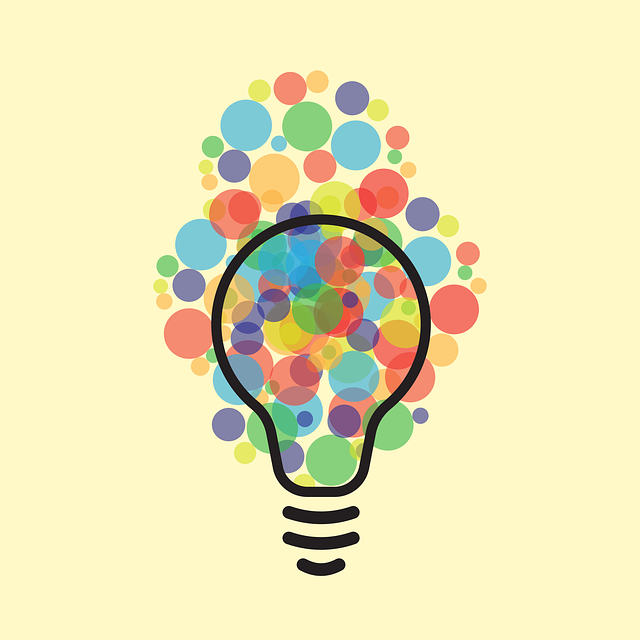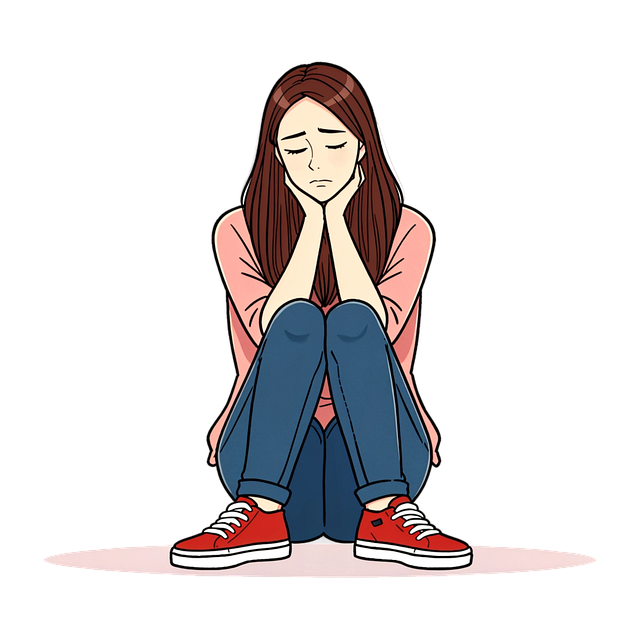Integrating Dialectical Behavioral Therapy (DBT), an effective evidence-based method originally designed for adults, into mental wellness apps offers a promising approach to enhancing children's and adolescents' mental health. By adapting DBT principles for digital platforms, developers can create engaging tools supporting emotional regulation, mood management, and distress tolerance through features like cognitive reappraisal and mindfulness exercises. A robust app should include therapy options for younger users, promote self-care, cultivate compassion, and enhance emotional intelligence while prioritizing user privacy, safety, and age-appropriate design. The growing market for such apps presents an opportunity to address common mental health issues early, with parental involvement enhancing their impact, aligning with broader Mental Health Policy goals.
In today’s digital age, mental wellness app development offers a promising approach to support children’s unique psychological needs. This article explores strategies to create effective tools, focusing on tailored therapy solutions. We discuss integrating Dialectical Behavioral Therapy (DBT) to address complex emotional challenges and highlight key features for comprehensive apps. Privacy, safety, and age-appropriate design are paramount. Additionally, we delve into the market potential and user engagement tactics for kids’ mental wellness apps, emphasizing the growing demand for digital therapy solutions.
- Understanding Children's Mental Health Needs and Customized Therapy
- Integrating Dialectical Behavioral Therapy (DBT) in App Development
- Key Features for a Comprehensive Mental Wellness Application
- Ensuring Privacy, Safety, and Age-Appropriate Design
- Market Potential and User Engagement Strategies for Kids' Mental Wellness Apps
Understanding Children's Mental Health Needs and Customized Therapy

Children’s mental health is a unique and complex domain that requires tailored approaches to address their distinct needs. Understanding childhood mental wellness involves recognizing that young individuals face various challenges, from managing emotions to building resilience. Customized therapy plays a pivotal role in this process. One evidence-based method gaining prominence is Dialectical Behavioral Therapy (DBT), which focuses on teaching skills for mood management and self-care routine development.
By integrating DBT techniques, mental wellness apps can empower children to develop self-esteem improvement strategies. This therapeutic approach encourages individuals to balance acceptance and change, fostering healthier coping mechanisms. Tailoring therapy to each child’s unique journey ensures that interventions are not only effective but also meaningful, contributing to their overall well-being and resilience in a supportive digital environment.
Integrating Dialectical Behavioral Therapy (DBT) in App Development

Integrating Dialectical Behavioral Therapy (DBT) into app development offers a promising approach to enhancing mental wellness for children and adolescents. DBT, initially designed for adults with borderline personality disorder, focuses on mood management, emotional regulation, and distress tolerance skills. By adapting these principles for a digital platform, developers can create engaging tools that support young users in navigating their emotions and behaviors more effectively.
This therapy type encourages individuals to balance acceptance and change strategies, promoting self-awareness, mindfulness, and healthy coping mechanisms. Incorporating DBT techniques into app design, such as cognitive reappraisal exercises or mindful breathing practices, can aid in preventing burnout and fostering mental health education. Tailoring these evidence-based methods to a user-friendly mobile interface ensures accessibility for those seeking support in their daily lives, providing practical tools for managing stress and emotional challenges.
Key Features for a Comprehensive Mental Wellness Application

A comprehensive mental wellness application should incorporate a diverse range of features to cater to the unique needs of users seeking support for their emotional well-being. Firstly, integrating Therapy for Children options ensures that younger users have access to specialized care, promoting early intervention and healthier developmental trajectories. Secondly, including Dialectical Behavioral Therapy (DBT) modules can equip individuals with valuable coping skills, particularly those dealing with complex emotions or distressing situations.
Beyond therapy types, the app should foster Self-Care Practices by offering guided meditations, mindfulness exercises, and stress management techniques tailored to individual preferences and progress. Encouraging Compassion Cultivation Practices through empathy-building activities and positive affirmation routines can enhance users’ relationships and overall satisfaction with life. Furthermore, integrating Emotional Intelligence components will empower users to understand their feelings, recognize triggers, and develop healthier responses, thereby strengthening their mental resilience over time.
Ensuring Privacy, Safety, and Age-Appropriate Design

Creating a mental wellness app requires a thoughtful approach to ensure user privacy, safety, and an age-appropriate design. When designing for younger users, like those engaging in Therapy for Children or coping with complex emotions through Dialectical Behavioral Therapy (DBT), developers must prioritize data security to build trust with parents and guardians. This includes implementing robust encryption methods, secure storage of personal information, and transparent privacy policies that clearly outline what data is collected, why, and how it’s used.
Moreover, age-appropriate design goes beyond aesthetics; it encompasses content sensitivity, language clarity, and accessibility features tailored to the developmental stage. Developers should consult mental health professionals to ensure the app’s tone, activities, and resources align with evidence-based practices for specific age groups. Incorporating Mental Health Awareness and fostering healthy coping Skills Development can be integral parts of the app’s functionality, but these must be presented in a way that resonates with young users while adhering to relevant Mental Health Policy Analysis and Advocacy guidelines.
Market Potential and User Engagement Strategies for Kids' Mental Wellness Apps

The market for mental wellness apps targeting children and adolescents is experiencing significant growth, reflecting a rising awareness of the importance of early intervention and support for young people’s mental health. This trend presents a vast opportunity for developers to create innovative solutions that address common issues like anxiety, stress, and emotional regulation. With an increasing demand for accessible therapy options, kids’ mental wellness apps offer a promising alternative to traditional face-to-face treatments, especially in regions with limited access to specialized mental health services.
Engaging young users requires tailored strategies that resonate with their unique needs and preferences. Incorporating evidence-based practices such as Dialectical Behavioral Therapy (DBT) can enhance app effectiveness. Features like interactive mindfulness meditation exercises, games designed to boost confidence, and safe digital spaces for self-expression can foster user engagement. Additionally, parental involvement through monitoring tools and educational resources strengthens the impact, aligning with broader Mental Health Policy Analysis and Advocacy goals. By combining therapeutic elements with engaging interfaces, developers can create apps that not only support children’s mental wellness but also encourage long-term healthy habits.
The development of mental wellness apps tailored to children’s unique needs is a promising approach to enhancing their emotional well-being. By integrating evidence-based therapies like Dialectical Behavioral Therapy (DBT), these applications can provide accessible and personalized support. Key features, including interactive tools, educational content, and safe communication channels, are essential for comprehensive mental health apps. Ensuring privacy, age-appropriate design, and engaging user interfaces will foster trust and encourage young users to actively participate in their therapy journey. With a growing market demand for kids’ mental wellness solutions, developers have a significant opportunity to make a positive impact on children’s lives through innovative app technologies.
